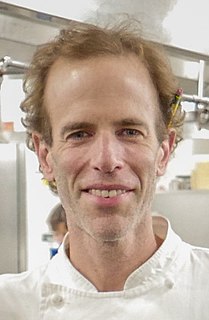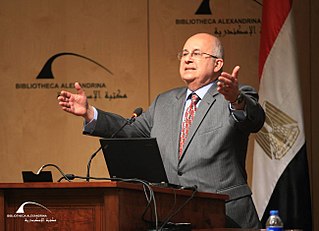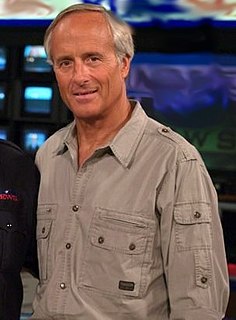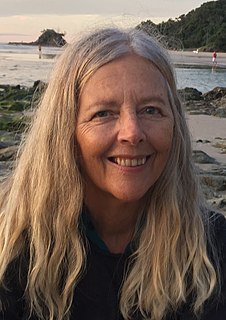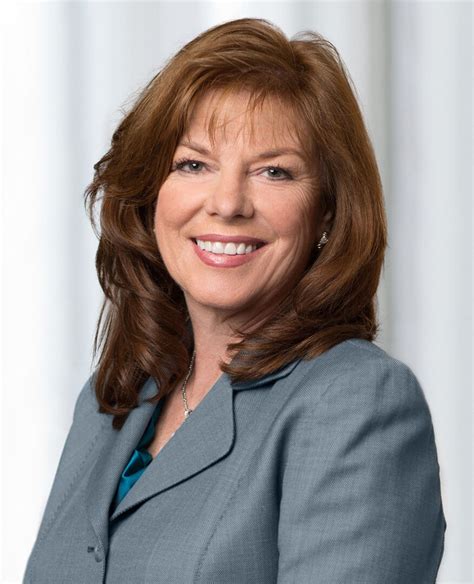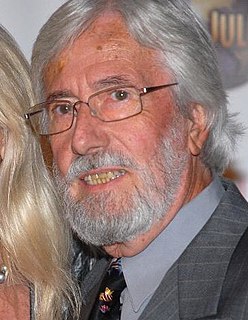A Quote by Dan Barber
If you look at the carrying capacity of agricultural areas throughout the world, their ecological habitats are changing. So I think we're looking at - in our lifetime - great collapses of food services.
Related Quotes
Eating is an agricultural act. Eating ends the annual drama of the food economy that begins with planting and birth. Most eaters, however, are no longer aware that this is true. They think of food as an agricultural product, perhaps, but they do not think of themselves as participants in agriculture. They think of themselves as 'consumers.'
Sara Scherr and Jeff McNeely have given us a thoughtful, sensible book about a topic of great importance to the world. There is no food security, no poverty reduction, no environmental sustainability without transforming our agricultural practices. The book ?presents well documented cases of best practices from all over the world. It should be required reading for all concerned with agriculture, the environment, food security or just the future of our children.
Throughout the world today there is a gowing awareness of the failings of the Western model of development and a corresponding desire to look for more human-scale, ecological ways of living. If Ladakh now succeeds in creating for itself a future which retains the foundations of its traditional past, it will be an inspiring example of how all the various elements of an ecological future fit together.
No, Simi. No food. (Astrid) ‘No, Simi. No food.’ You sound like akri. ‘Don’t eat that, Simi, you’ll cause an ecological disaster.’ What is an ecological disaster, that’s what I want to know? Akri says it’s me on hunger binge, but I don’t think that’s quite right, but that’s all he’ll say about it. (Simi)
Is it too late to prevent us from self-destructing? No, for we have the capacity to design our own future, to take a lesson from living things around us and bring our values and actions in line with ecological necessity. But we must first realize that ecological and social and economic issues are all deeply intertwined. There can be no solution to one without a solution to the others.
Healthy areas that are richest in information are those areas in the wild where we can get all the information that's available to us within our human hearing range. The most valuable information throughout human evolution has been faint sounds. We tend to think in our modern world that if it's loud, if it grabs our attention, it's important. We get a lot of that in advertising. But in nature, it's the faintest sound that's important; it has determined, in the past of our ancestors, perhaps, if they will live or die. Faint sounds are the earliest clues of newly arriving information.
Our present ecological crisis, the biggest single practical threat to our human existence in the middle to long term, has, religious people would say, a great deal to do with our failure to think of the world as existing in relation to the mystery of God, not just as a huge warehouse of stuff to be used for our convenience.
